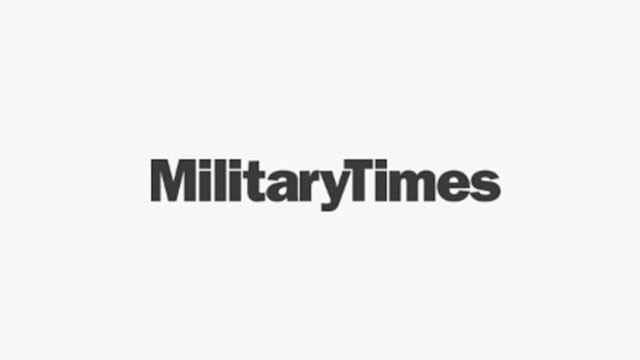A new menu of Selective Retention Bonuses becomes available Oct. 31. In announcing these SRB changes in mid-October, the Army has given eligible soldiers a 2½–week notice to opt-in for bonus rates that took effect July 2, but that will expire Oct. 31.
Depending on their military occupational specialty and rank, re-up minded soldiers need to contact their local career counselor for advice on when to request re-enlistment and/or reclassification.
The current re-enlistment window of opportunity includes Regular Army soldiers whose expiration term of service, or ETS, occurs in fiscal 2015, which will end Sept. 30, 2015.
The new SRB rates are complemented by an update to the In/Out Calls program, which is a career planning tool soldiers can use to determine which military occupational specialties are open or closed to reclassification.
Soldiers who are in the re-enlistment window only are allowed to change their primary MOS through re-enlistment. They are not eligible to request a voluntary reclassification.
A change in law last year allows the Army to pay a regular Selective Retention Bonus to soldiers who reclassify in conjunction with re-enlistment.
As a result, the Army has eliminated the Bonus Extension and Retraining, or BEAR, program.
Some special rules that apply to the new menu of in/out calls are:
■ Ranger-qualified non-promotable sergeants and below may request reclassification into MOS 11B (infantryman) without regard to the in/out calls.
■ Soldiers may request reclassification, regardless of the in/out calls for their current military occupational specialty, into CMF 18 (Special Forces), and MOS 12P (prime power specialist), 25D (cyber network defender), 29E (electronic warfare specialist), 31D (CID special agent), 35Q (cryptologic network warfare specialist), 37F (psychological operations specialist), 38B (civil affairs specialist), 46R (public affairs broadcast specialist) and 79R (recruiter, staff sergeants with SQI 4 only).
■ Changes to the menu of bonus options include the Oct. 3 elimination of the MOS-immaterial SRB for soldiers deployed to Afghanistan, Iraq and Kuwait.
Under this long-standing option, deployed soldiers, regardless of their specialty, could receive lump sum, flat-rate bonuses of $500 to $1,300 for service extensions of 12 to 60 months.
■ The Army has retained the 10-tier SRB payment structure of the past, with lump sum payments ranging from $500 to $72,000, depending on rank and length of service extension.
The top-end payments in Tier 10 are limited to language-proficient NCOs in Special Forces, Psychological Operations and Civil Affairs.
To be eligible for a language-dependent SRB, soldiers must meet the minimum proficiency standards of 2/2 (listening and speaking) on the Defense Language Proficiency Test.
Soldiers who score 3/3 or higher in their primary language are authorized an additional plus amount of $7,500 to the regular bonus amount, up to a maximum lump sum payment of $90,000.
SRB payments normally are tax-free if the bonus contract is signed in a combat zone.
Bonus opportunities are available in 160 combat, combat support and combat service support specialties and special skill and language combinations, which is 15 more options that were available on the previous SRB menu.
Among the military occupational specialties with Tier 4 or higher bonuses are 12D (diver), the Special Forces MOS in career field 18, several specialties in the 35-series military intelligence career field, 37F (psychological operations), 38B (civil affairs) and 92R (parachute rigger).
High-tier bonuses in the "location/unit" section of the revised SRB program include options in the 15-series MOS for aviation soldiers who re-enlist with the 160th Special Operations Aviation Regiment, career field 25 (communications and information systems) soldiers who re-up for Ranger and airborne units, series-35 military intelligence soldiers who re-enlist for Ranger and airborne units, and logistics soldiers in ordnance, mechanical maintenance and supply and services soldiers who re-up for airborne, special operations and Ranger units.
■ Soldiers who re-enlist for a location or unit-specific assignment will be stabilized for at least two years, unless the location is in a short-tour area. Stabilization in a short-tour area will be for 12 months.




